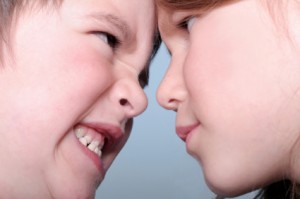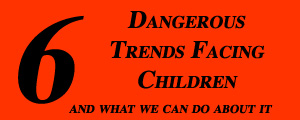The simple answer is YES! Having said that though, some of the teasing that takes place with pre-school children is not bullying in the classic sense and definition. It may be young ones just trying on their social skills and not yet having them honed yet. The definition of bullying is the intentional use of power over another person to manipulate or hurt the target physically or emotionally over a period of time. Therefore it is something that is taking place on more than one ocassion.

Increasingly though we are seeing and hearing reports of pre-school children repeatedly picking on, teasing and physically hurting other children in their class or on the playground. In an effort to understand what is happening to our children and then to offer suggestions to resolve these issues with parents and teachers I am interested in hearing the stories from you about what has happened to your child or to someone you have seen. What have you done to resolve the issues? How have teachers and administrators reacted when you have discussed the questions about bullying? For the teachers, how do you deal with this conduct when you see it in your classes or playground?
What is your story? Were you bullied as a small child? Is your son or daughter being teased on a regular basis or being bullied in another way? Tell your story here as we work on changing the culture in our communities.
Continue to check back as we work on this subject of helping our children build the character and courage to be their best.



